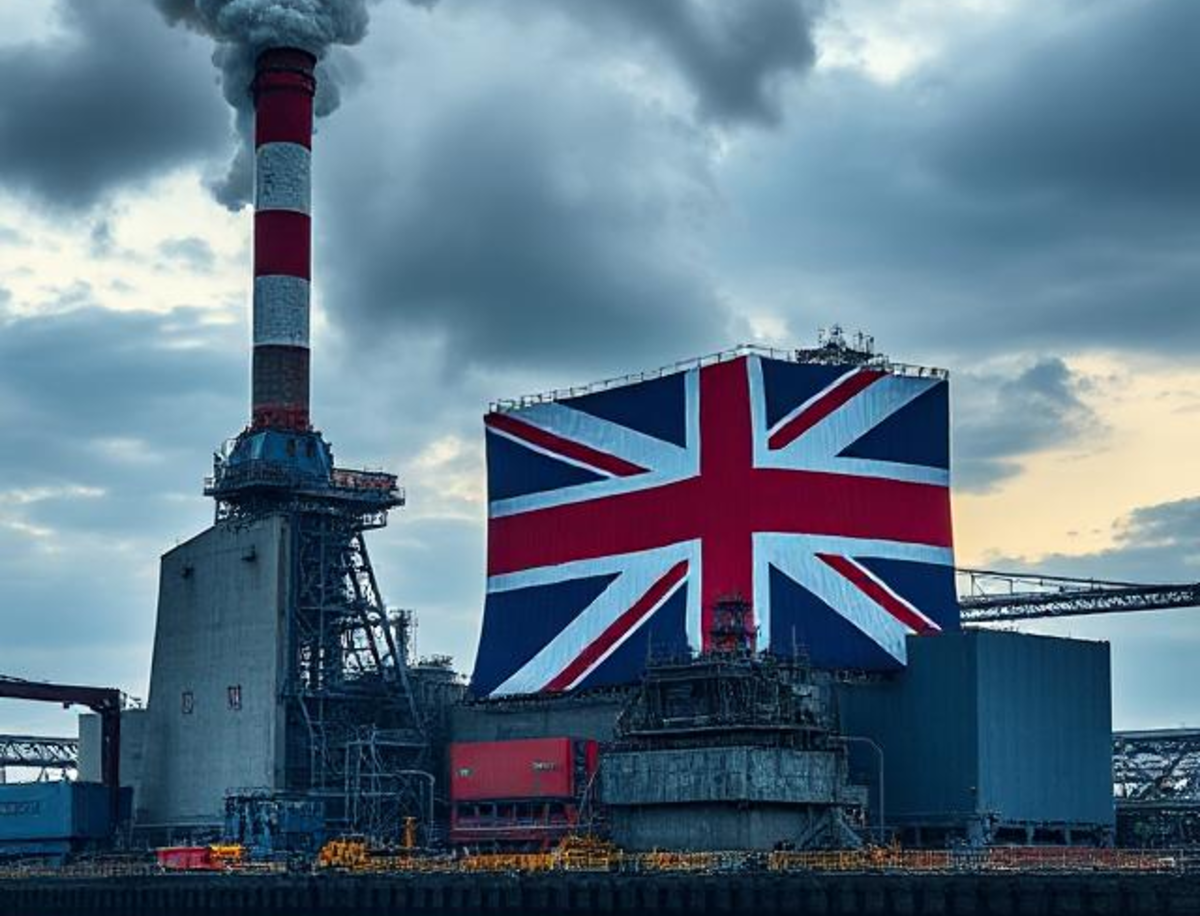Let’s not sugar coat it: what passed in Parliament at the weekend wasn’t support for British Steel. It was a shot across the bow of private enterprise.
The Steel Industry (Special Measures) Act 2025 may wear the patriotic mask of “strategic protection,” but behind it lies something much more insidious: state control masquerading as national interest. One flick of the legislative pen, and suddenly government ministers are calling the shots in private boardrooms.
This wasn’t a bailout. It was a boardroom coup.
Doing the right thing – but doing it the wrong way
Yes – British Steel matters. Yes – strategic sectors deserve safeguarding. But if this is the model for support, we’re not protecting industry. We’re commandeering it. And every CEO in energy, water, defence and manufacturing should now be looking over their shoulder.
Because the question isn’t “if” – it’s “when.”
Saturday’s vote wasn’t about steel. It was about precedent.

‘An ideological land grab’
Let’s zoom out. This is the same government that lectures on “misinformation” while eroding free speech. That chases down protestors while talking up liberty. That sends police to teachers, school children and grandparents because they said something which offended. Now, it’s dipping its hands into corporate strategy – slowly, surely, confidently.
This is the architecture of a command state – one that doesn’t trust its citizens, its businesses or its markets. One that believes it always knows best.
And here’s the real danger: it doesn’t arrive with jackboots. It comes softly. Wrapped in the flag. With headlines about job security and economic resilience. But make no mistake: this is an ideological landgrab.
‘Give business the certainty of a stable legal and fiscal environment’
Property rights, economic freedom and entrepreneurial ambition are being quietly subordinated to the state’s ever-expanding mandate.
You want a strong steel industry? Great. Then deliver a coherent industrial policy. Invest for the long term. Give business the certainty of a stable legal and fiscal environment.
But don’t dress up control as courage. Because once you normalise political meddling in enterprise, the market stops being free and starts being afraid.







